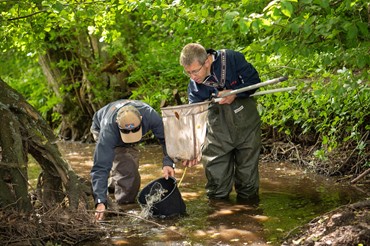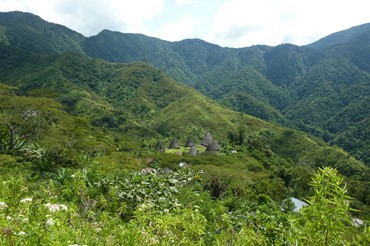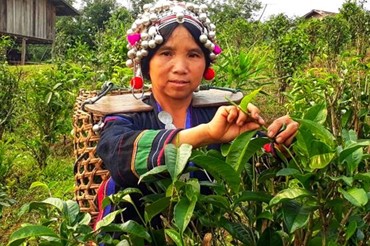Such designation, as well as its implementation in law, is among the conditions the countries must fulfil in order to gain membership to the EU.
A separate but related report on preventing and reducing marine litter and plastic pollution was also well-received by the Directorate-General for Environment as it showed a deep understanding of the Marine Framework Directive and its litter-related initiatives.
The final study on illegal logging and timber trade flows in the Western Balkans and Turkey pins down the types of illegal logging predominant in the region and the work that needs to be done for their forests to be fully protected.
These three studies served as markers indicating the success of the EPPA’s fifth component, whose focus is on building the nations’ capacity for managing transboundary nature protection issues. In total, there were seven components that ruled the way the programme ran. Many of the components aimed to improve the capacity of the countries for waste management, air quality management, marine protection and the like, each homing in on solutions that foster lasting and environmentally responsible growth.










